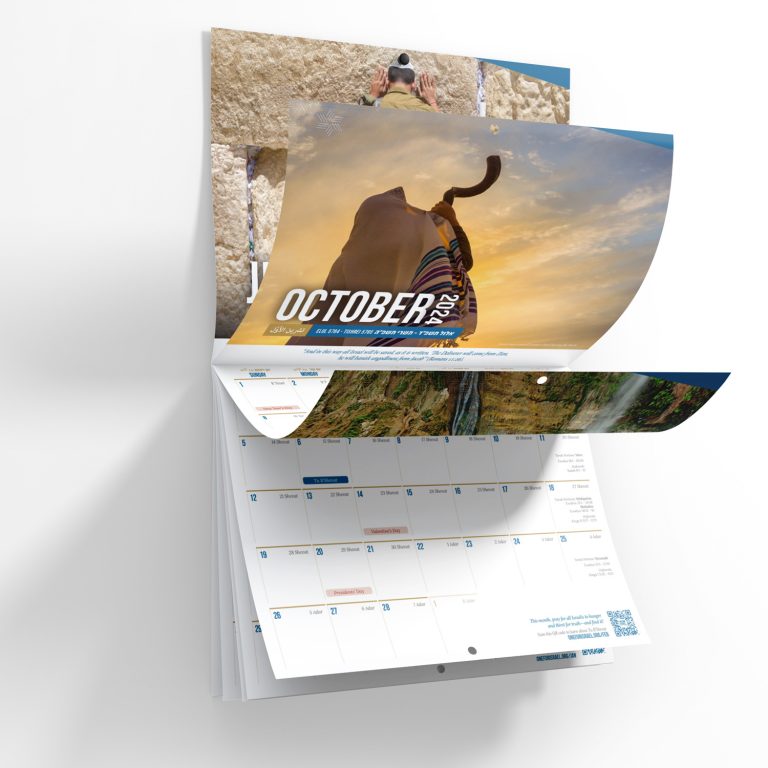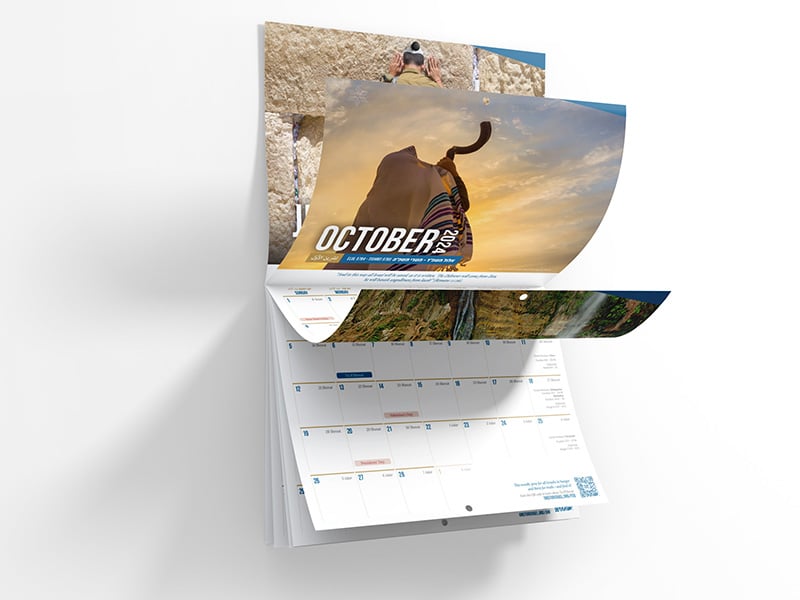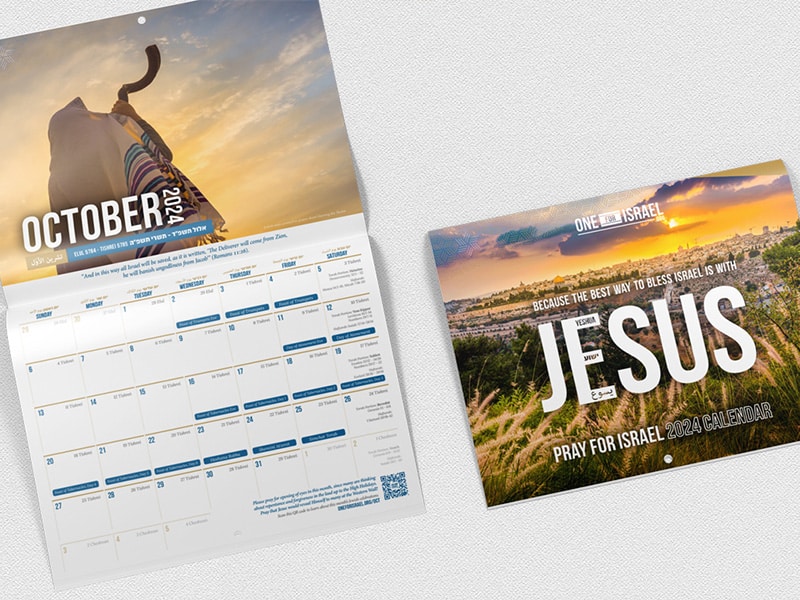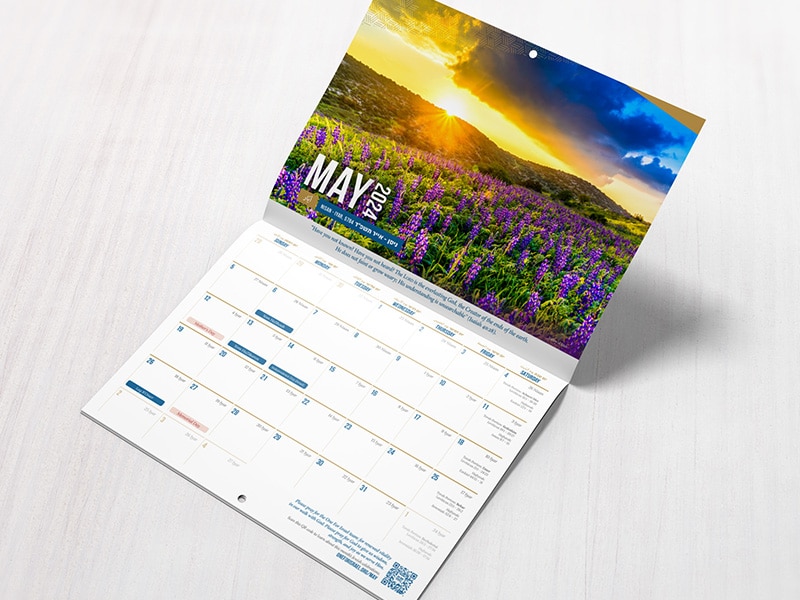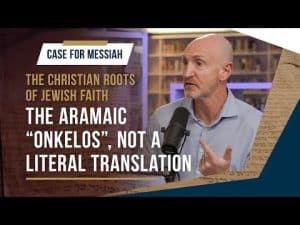Ladies and gentlemen, we have a calamity on our hands. We have become Biblically illiterate. Recent surveys show it is far worse than we thought. Far too many Christians haven’t got a clue what is really inside our most precious book, and the words that God has revealed to us.
Sure, most of us know stories about Jesus, a fair bit of the book of Romans, Ephesians, and James… Abraham, Noah’s ark, Daniel and the Lion’s den, and some stuff in Isaiah about eagles not growing weary that is on the calendar in the kitchen… but how many people can honestly even list the ten commandments? How many could confidently say they can explain the role of the Holy Spirit throughout the Bible? Or give five Messianic prophecies? Name the twelve disciples? Who is able to summarise the messages of more than two of the minor prophets? Who has even read them? Sadly, most Christians only really ever read about a third of the 66 books we have been lovingly given by God. Have a flick through for yourself, and think which ones you are familiar with, and which ones… well… not so much.
What a time to be alive!
Just imagine trying to study the Bible in the Middle Ages, when Bibles were only in Latin, and stuck solitary in dusty churches for the privileged few to read. We are the right side of history when it comes to the blessings of education, literacy, the printing press, and now the internet.
Today, many believers have multiple copies in their houses, in a variety of translations in their own languages, and we can access the words and meaning as much as we like. While rabbis and monks back in the day would spend literally years going through verse by verse, line by line, searching for patterns and repetitions of words throughout the numerous pages, today we can access the answers to our questions in seconds with all manner of concordances, commentaries, and Bible study tools freely available online.
Great care, painstaking discipline, and often persecution went into to delivering the Bible to us.
The texts are proven to have been phenomenally well preserved throughout the millennia, and we can be certain that the words we read were the very words written down in ancient history. Not to mention the violence and persecution that translators suffered, determined to make God’s word accessible to all. People have died to get this Bible to you in your own language. A young Welsh girl called Mary Jones saved up for six years, and walked 26 miles barefoot across the hills to get a Bible in her own language back at the turn of the nineteenth century. How different it is for us today! We are extremely blessed have this book so freely available to us in our own language.
Why do we find it so hard to really study our Bibles and get to know it?
Since we have the Bible so easily accessible, why don't we read it more? To some degree it’s like diet and exercise. We know we should spend more time in the word, and we would also love to stay fit and healthy, but it’s a battle. I have often thought that it’s a bit like playing the piano – in order to have the joy and freedom to play whatever you like, freely and beautifully, there has to be the hard, steady work of practicing scales at the beginning. You just have to do the work of systematically reading through, book by book, chapter by chapter, and not only once. A chapter a day is fine, but unless you actually read through the whole thing – multiple times – you are just never going to get the most out of it.
But the glorious thing is that, a bit like piano practice, steadily reading through the Bible really pays off. It pays dividends, if you will.
Like money in a savings account, time spent reading the Bible keeps growing well beyond what you invest. It’s profitable. You reap the profits many times over, and you end up with great riches.
When those books, poems, lists, stories and instructions have become well-worn tracks in your mind, the Holy Spirit assists us in connecting the dots. Linking one thing to another. Because, of course, the Bible is no ordinary book – it’s completely supernatural. And the author is with us, helping us to read and understand. It’s an utterly amazing reading experience, and dedication to regular reading, day in, day out, pays off like nothing on earth. Literally.
The Jewish people read a chunk of the Torah each week, and get through the first five books in a yearly cycle. The cycle is reset and we start again from Genesis 1 at the end of the Feast of Tabernacles in the Fall. If you would like to join us, check out our “Weekly Torah Portion” page. If the idea of reading through those first five books fills you with dread, take heart! You are not alone, and you could also find yourself pleasantly surprised! Some the passages that many consider to be difficult and dry ironically contain some of the most important keys that we have to God’s heart, God’s ways, his truth and his plans. And he would be delighted to escort you around the territory, if you come with new eyes to see and ears to hear…
You may already have a good system in place that you enjoy, but here are a few strategies that might help if you don't:
Read a manageable amount each day. More than a verse, but not vast amounts, or you will get indigestion, and won’t be able to chew it over properly. A chapter is a simple suggestion, but everyone is different.
Read it in order. Even if you’re used to skipping from book to book, try going through the whole thing, slowly, cover to cover. That way, you get a good sense of context. I’m telling you, nothing beats it.
Look for repetitions. Whether it’s a word that repeats, or an idea, or maybe a parallel with another passage that comes to mind… look for the repetitions. They are usually there on purpose, to draw your attention to something God wants to say.
Look for things that don’t make sense. You will know them when you see them. But rather than shrugging your shoulders and turning the page, ask God to help you understand. Often the answer takes time to come – sometimes years – but often the things that cause us to scratch our head the most are the very things that are deeply buried treasures that God wants us to dig for. He will help you – the Holy Spirit leads us into all truth.
Look for what it teaches you about mankind. There are many shocking stories, and the Bible (unlike other sacred books) does not whitewash history for you. You have to be discerning because God doesn’t condone everything that happens. He lets you think about it. So think about it. What does God want you to understand?
Look for what it teaches you about God. Getting to know our God, his ways, his likes, dislikes, past, preferences, passions, and the way he behaves is central to our walk with him. He is the same today as he was then.
Write stuff down. Note what you're learning, what you're thinking, and what you're wondering about. This will greatly help further down the line, but it also helps in the immediate to crystallize your thoughts and make the most of what you're reading.
And instead of just expecting God to speak into your life (which I'm sure he will), expect that he will start pulling you into HIS.
For more study articles, videos and up to the minute ONE FOR ISRAEL news
follow us on
Facebook, Twitter, Instagram, YouTube
or subscribe to our blog and newsletter!
Photo by Priscilla Du Preez on Unsplash

